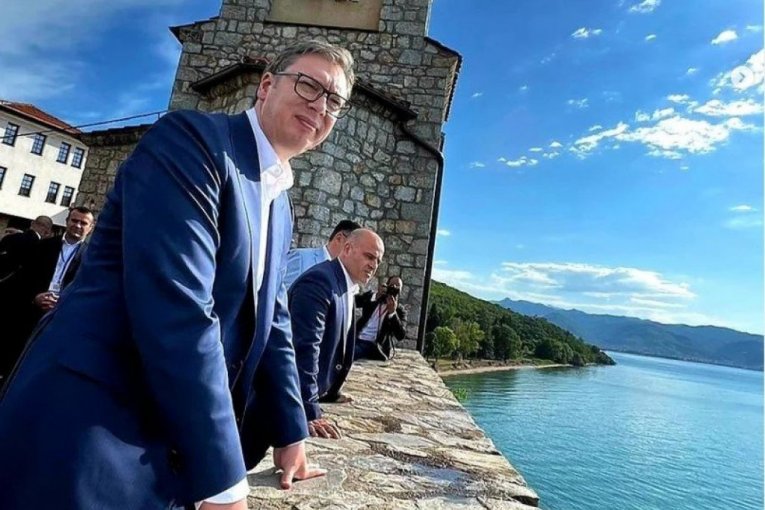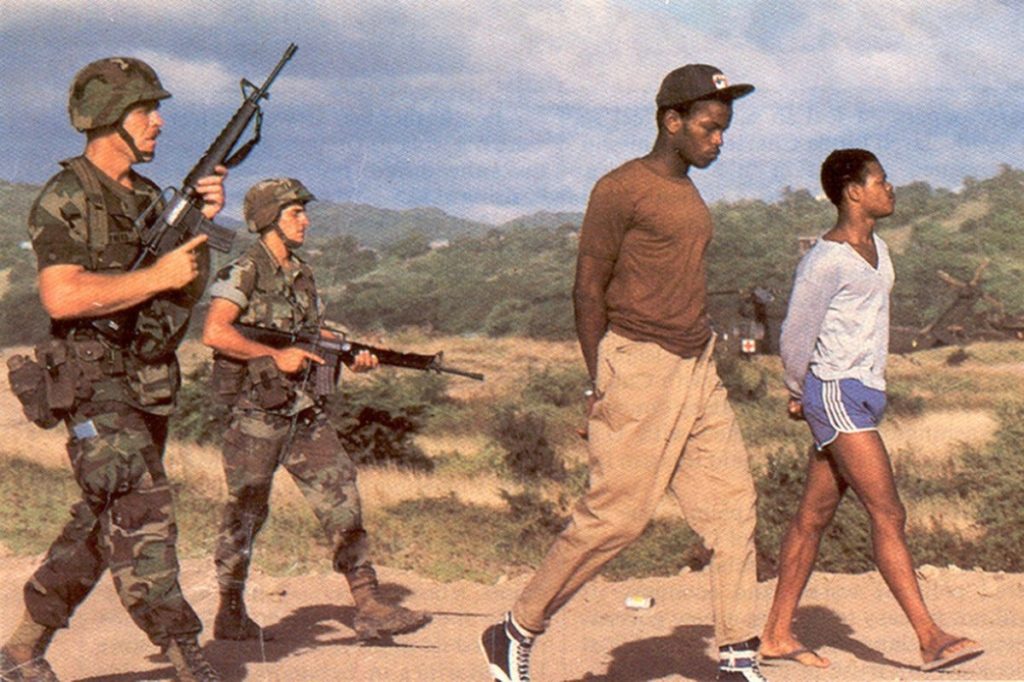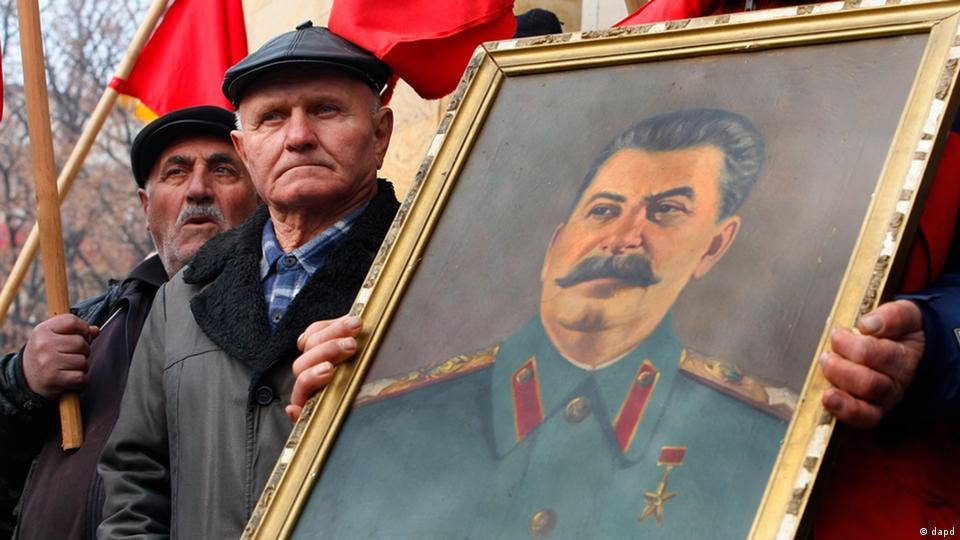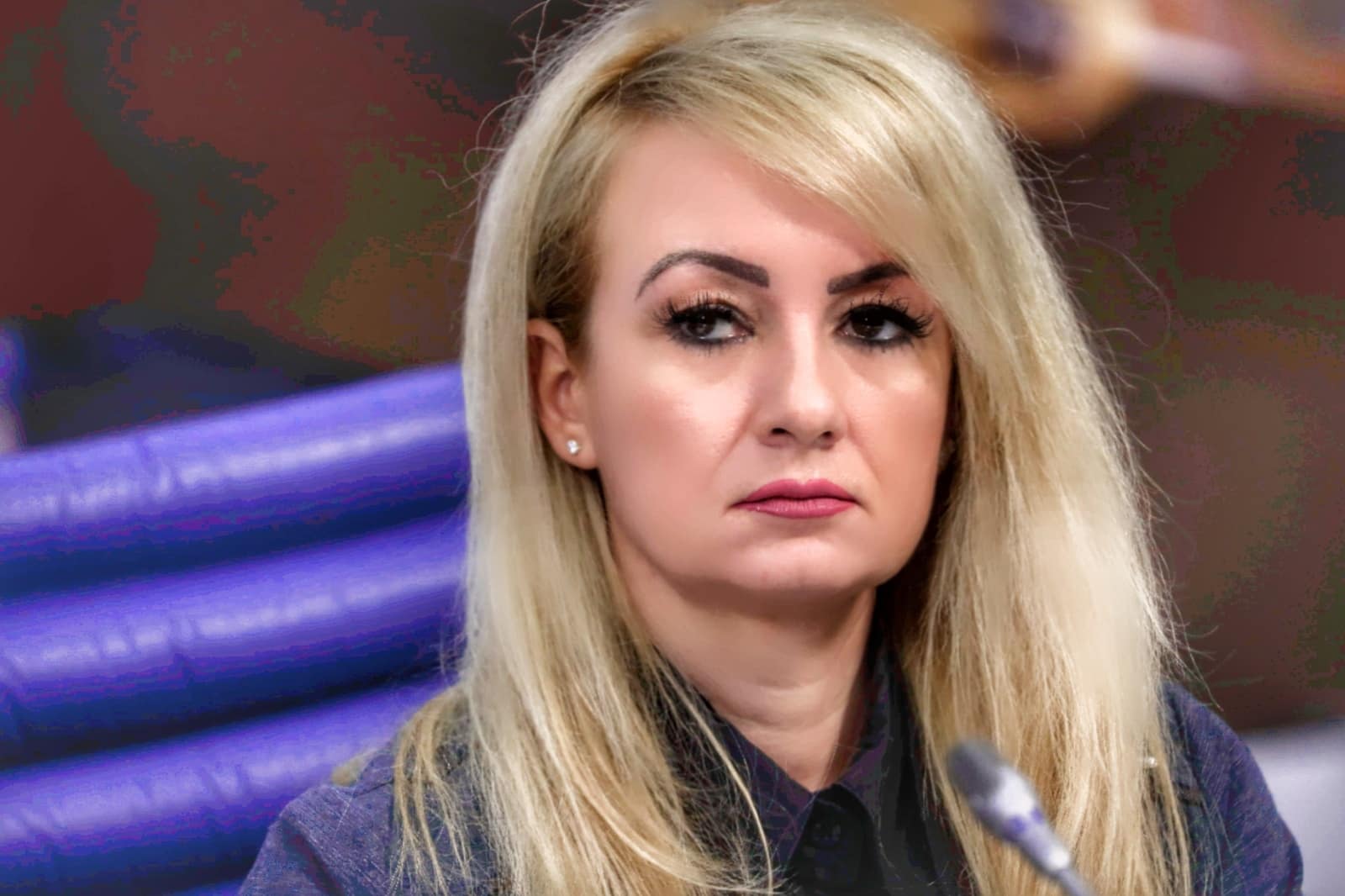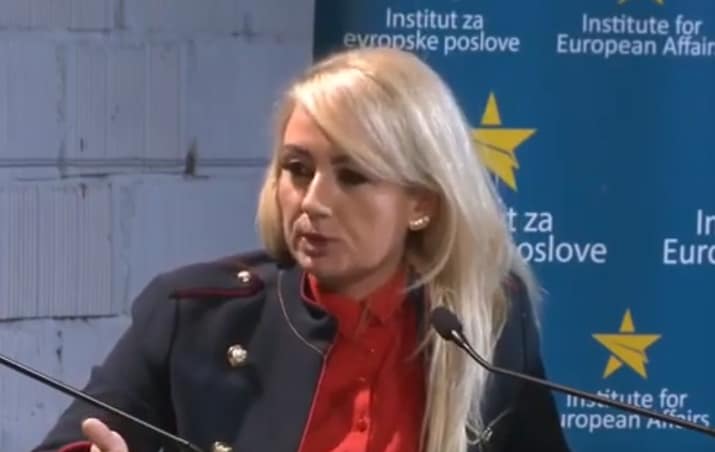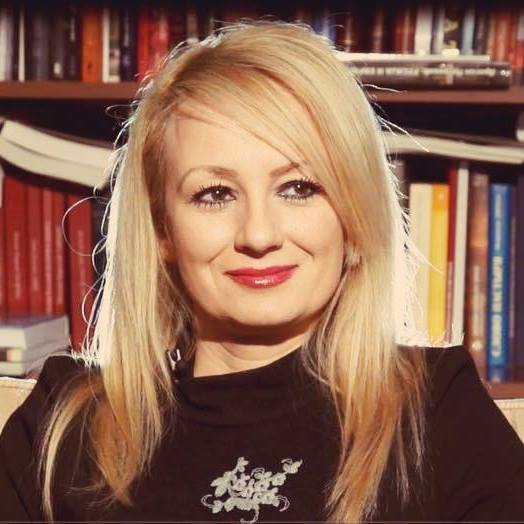Дејан Мировић: Вучићев страх од Ломпара
Скоро два месеца трају напади Вучићеве камариле на водећег српског интелектуалца професора Мила Ломпара.
Они су почели након његове подршке митингу од 15. фебруара 2023. године када је професор Ломпар позвао на мирне и демократске протесте. У Вучићевом паралелном пропагандном свету митинг је проглашен за наводни државни удар. Напади на Ломпара су појачани када је професор храбро и тачно изјавио на једној националној телевизији да је управо Вучић суспендовао Устав Републике Србије француско – немачким планом и тако извршио државни удар и предају КиМ (учествовао је у нападима као „појачање“ чак и „опозционар“ Ђилас). Наравно, Вучић у свом познатом малограђанско-кукавичком стилу тера друге да нападају Ломпара јер нема храбрости да то уради лично.

